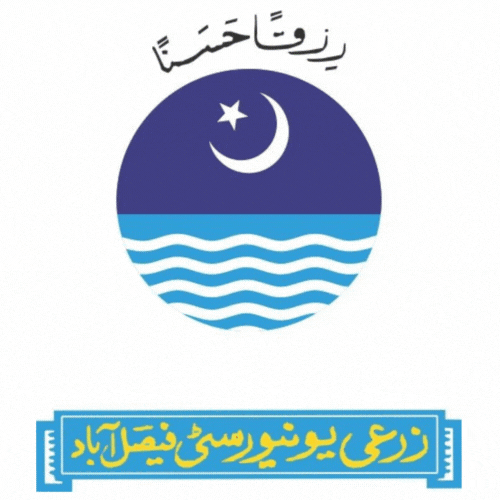
UAF VC Prof. Dr. Iqrar Ahmad Khan gives away UAF Shield to a Balgarian Scientist
Speakers at a one day workshop on Country based indigenous Domestic Animal Genetic Resources Information System (DAGRIS) for selected Asian countries urged a substantial investment on gathering information on the extent and use of existing diversity in indigenous Farm Animal Genetic Resources (FAnGR) as it is described a basis for present and future sustainable utilization and conservation. The workshop was held at New Syndicate Hall, University of Agriculture Faisalabad, organized by Department of Animal Breeding & Genetics with Dr. Okeyo Mwai representing International Livestock Research Institute (ILRI) as keynote speaker. He said that such information is generally incomplete in developing countries like Bangladesh, Pakistan, Sri Lanka and Vietnam, otherwise rich in genetic diversity of indigenous FAnGR. He urged the national information systems to support improved utilization and breeding improvement adding that due to lack of information systems database, ILRI has been developing the domestic animal genetic resources information system (DAGRIS) as a web based electronic source of information on selected indigenous FAnGR (breeds/ecotypes of cattle, sheep, goats and chicken). UAF Vice Chancellor Prof. Dr. Iqrar Ahmad Khan (SI) urged the need for conservation of indigenous breeds of small ruminants adding that we can earned a huge foreign exchange by exporting Halal Meat to gulf, Middle East and other Muslim countries. He said a large number of indigenous uniquely adapted breeds have become extinct since the turn of the last century while a further 32% are at risk of becoming extinct and the rate of extinction continues to accelerate. He said that crossbreeding with and/or replacement by, exotic breeds in programs designed to improve animal productivity, neglect arising from shifts in social settings, production systems and/or market demand of certain animal products, and urbanization and its impact on traditional animal agriculture, droughts, civil strifes/conflicts and famines are the major factors causing threat to indigenous animal genetic resources. He said University of Agriculture Faisalabad-Pakistan, Bangladesh Agricultural University (BAU) Mymenshing Bangladesh, Univesity of Peradeniya (UoP), Sri Lanka, and National Institute of Animal Husbandry (NIAH) Vietnam executing the project of development and application of decision support tools to conserve and sustainably use genetic diversity in indigenous livestock relatives with an allocation funding of 5.763 million dollars.

